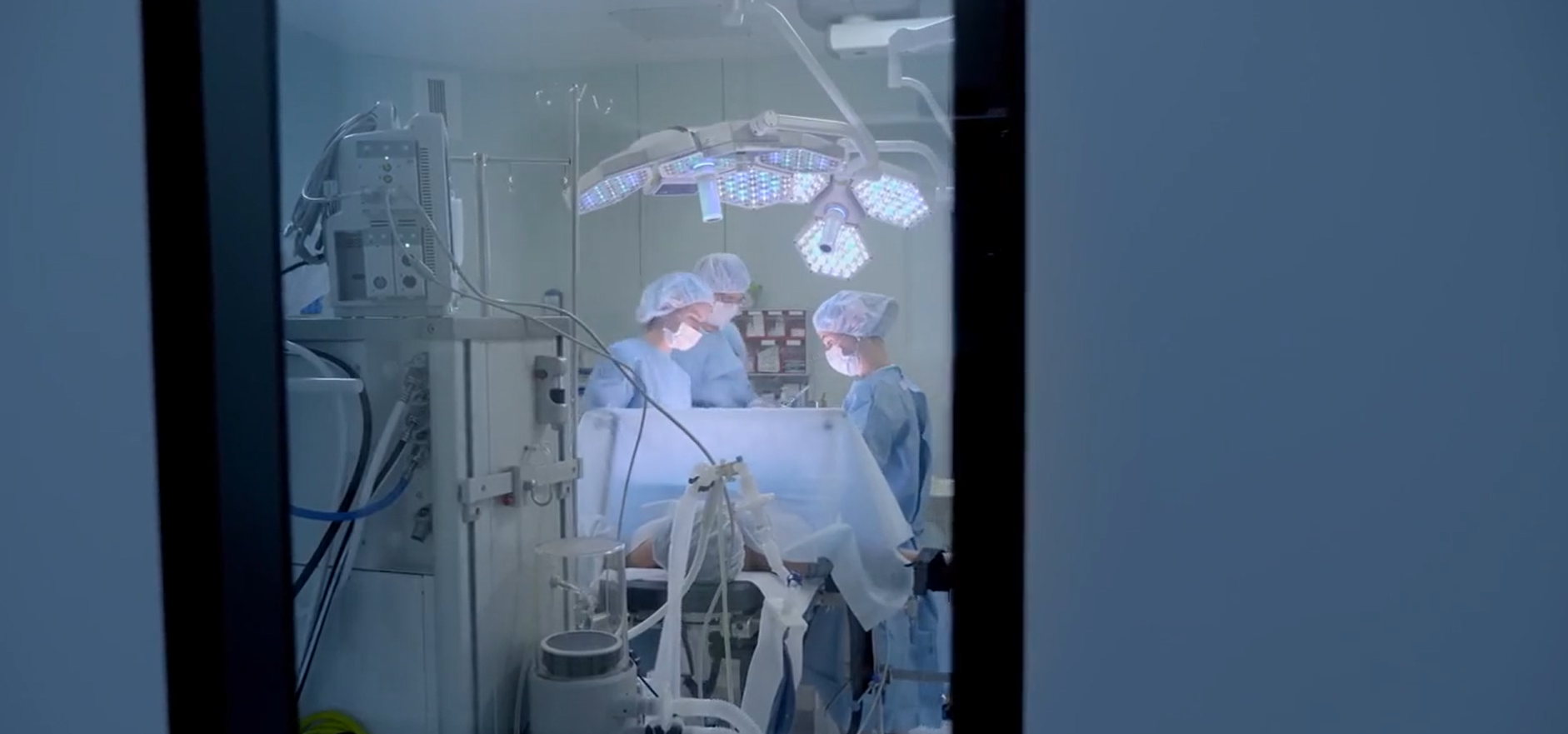
The Northern Surgical Blog
Do all groin hernia need to be surgically repaired?
We know that surgery is the only proven treatment to repair a hernia but is surgery the right option for everyone? For most people, it is. But like most things in life, there are exceptions to this rule.
For example, if a patient has serious underlying health problems, then surgery might not be the right treatment for them. But even in those situations, one option is to have the operation done under a local anaesthetic.
Another reason is if the person doesn't want to have an operation which can be the case if the hernia isn't bothering them too much or if they haven't noticed it at all, for example, with an incidental or an occult hernia. Even with more noticeable hernias. sometimes a patient just doesn't want to have an operation.
It is perfectly acceptable in these situations for the surgeon and patient to agree to ‘watch and wait’. In other words, to keep an eye on the hernia and not have it surgically repaired at that time.
But it's important to mention that for every three people who decide not to have an operation immediately and to go down the watch and wait, route, two will need an operation within five years’ time because of worsening of symptoms or a change in circumstances.
So that's really important to bear in mind when deciding whether you want to have an operation to repair a hernia or whether you want to wait and see.
How does a groin hernia present?
Groin hernias affect many people, particularly men. In fact, one in four men will develop a groin hernia in their lifetime.
The most common sign of a groin hernia is as a lump or a swelling in the groin. It is often this noticeable bulge that prompts a person to seek medical advice. Hernia lumps can range from barely detectable to quite large. These lumps may either appear when you're standing up and then disappear when you lie flat. Sometimes, they only show up when you cough, and you may be able to push them back in. But there are also cases where the swelling is always present, even when lying down and can be difficult to push back in.
The other symptom that a hernia can cause is pain around the groin or sometimes just an abnormal sensation in that area, like a dragging feeling or general discomfort in that area. Many sensory nerves pass across the groin so it’s no surprise that groin hernias can stimulate these nerves, causing sensory symptoms like pain. A person can present with these abnormal sensation in the groin, either with or without a lump. If you have a hernia that can’t be felt through a clinical examination, this is called an occult hernia. Your doctor might request a scan for you to confirm the diagnosis.
Occasionally, a hernia in the groin may go unnoticed, causing no symptoms at all. This is called an incidental hernia and is often detected during a scan performed for an unrelated reason.
It is also important to mention that, although uncommon, a hernia can cause the bowel inside it to twist or lose its blood supply which can cause extreme pain and symptoms of bowel blockage like vomiting or stomach swelling. This complication happens in about one in 100 of patients with an inguinal hernia (the commonest type of groin hernia) and is more likely to happen in large hernia lumps that can't be easily pushed back in, or in femoral hernias (a different type of groin hernia, more common in women).
So to summarize: groin hernias can present with a visible swelling, pain or abnormal sensation in the groin. In some cases, they may even present with no symptoms at all and are discovered incidentally during an unrelated scan. Bear in mind that, whilst uncommon, hernias can also lead to bowel complications which require emergency treatment so early assessment is important.
Regardless of how a groin hernia presents or is diagnosed, it is important to have it checked by a specialist who can guide you on the next steps of management.
